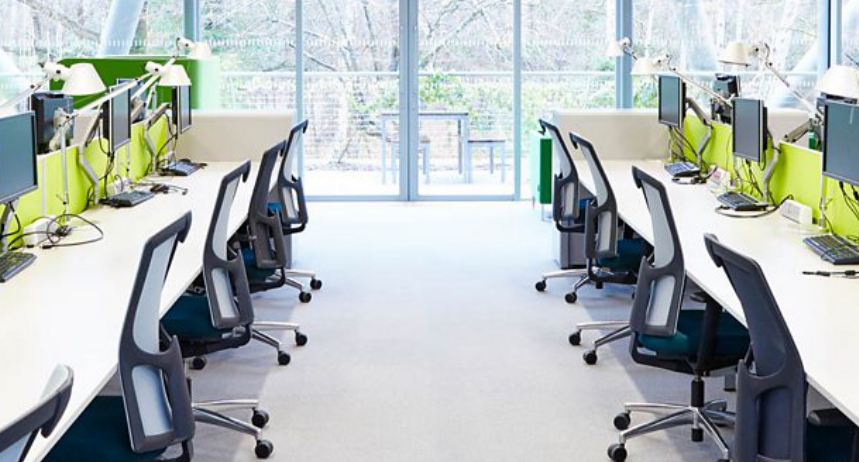
1.Which description of home working is against the facts?
A It can reduce life cost.
B It can save commuter time.
C People own more family time.
D It can raise working efficiency.
解析:选D。细节理解题。根据文章第二段内容可知,在家工作让人们意识到他们可以在家里完成那些需要忍受通勤到办公室做的同样的事情。这给了他们更多的时间和家人在一起;他们睡得更好,省钱了,不用外出旅行或买午餐。最近的研究表明,大多数在家工作的人也同样有生产力,故选D。
2.What is the main reason for the change to office location?
A To save the firm’s money.
B To keep staff healthy.
C To make full use of commuting time.
D To respond to social distance regulations.
解析:选D。推理判断题。根据文章第三段第三句Of course, one main reason is that firms couldn’t see a way of providing enough space for large numbers of staff while social distancing regulations were still in place. 可知,一个主要原因是,在社会隔离规定仍然存在的情况下,公司无法找到为大量员工提供足够空间的方法。由此说明企业是为了响应社会隔离规定才改变办公地点的,故选D。
3.What’s the disadvantage of home working? ① Shops and cafes may face closure. ② City centres begin to be deserted. ③ Employees can feel disconnected at home. ④ Employees will be addicted to the Internet.
A ①②
B ①③
C ②④
D ①②③④
解析:选B。细节理解题。根据文章最后一段Some employees can feel isolated at home, and there’s less opportunity to network or learn from other people, especially if they’re a new recruit. Also, city centres may suffer most from a change in working habits. Shops and cafes rely on the footfall of office workers, and without them, they face closure.可知,有些员工在家里会感到孤立,商店和咖啡馆将面临倒闭,故选B。
4.What attitude did the author hold to the office change?
A Positive.
B Neutral.
C Objective.
D Negative.
解析:选C。观点态度题。根据文章最后一段The future is still uncertain, which is why it may be too early to say where our desks will be permanently located. But the office of the future may be your home.可知,作者认为未来仍然是不确定的,这就是为什么现在说我们的办公桌将永久地放在哪里还为时过早。但未来的办公室可能是你的家。由此说明作者客观地看待办公室的未来,不持任何立场,故选C。